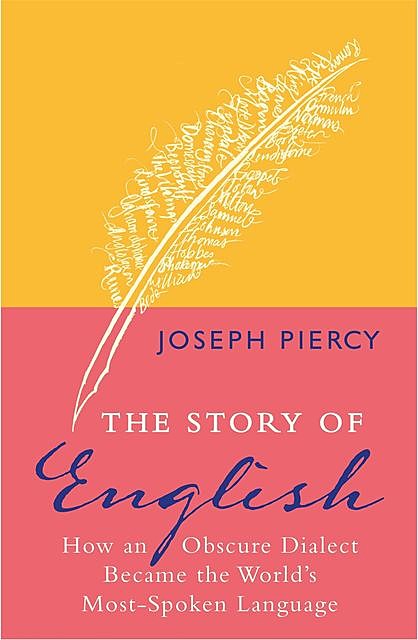The Story of English
158 tiskanih stranica
- Vlasnik autorskih prava
- Michael O'Mara Books
- Objavljeno prvi puta
- 2012
- Godina izdanja
- 2012
- Izdavač
- Michael O'Mara
Citati
- Mariaje citiralaprije 9 godinaJohnson often couldn’t resist putting in his own personal, political and occasionally prejudiced views on the correct definition of certain words:
EXCISE: A hateful tax levied upon commodities, and adjudged not by the common judges of property, but wretches hired by those to whom excise is paid.
OATS: A grain, which in England is generally given to horses, but in Scotland appears to support the people.
MONSIEUR: A term of reproach for a Frenchman.
TORY: One who adheres to the ancient constitution of the state, and the apostolical hierarchy of the church of England, opposed to a Whig.
WHIG: The name of a faction. (Johnson was a staunch supporter of the Tory party.) - Anne Katherine Maciel de Carvalho Barbosaje citiraoprije 5 mjeseciAny written history is, to some degree, defined as much by what it chooses to omit as it is by what it chooses to include.
- Deivid Simsonje citiraoprošle godinecentury AD. The Celts left no written record of their history however, so we must de
fb2epub
Povucite i ispustite datoteke
(ne više od 5 odjednom)


